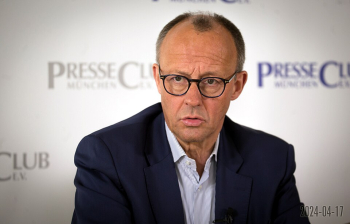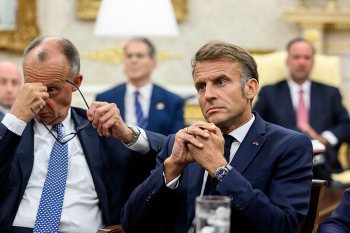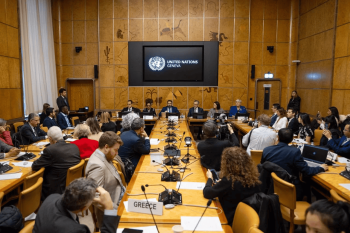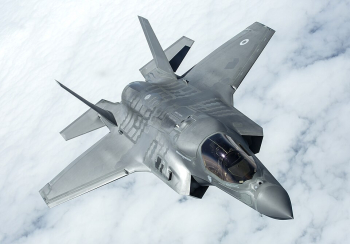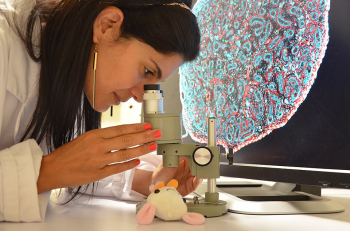
In recent years, Telegram channels have become a significant source of information in the CIS countries, including Russia, Ukraine, Belarus, Kazakhstan, and others.
These channels have become serious competitors to traditional media, as they offer a faster and more flexible way of disseminating news and opinions.
One of the main reasons why Telegram channels have become so popular in the CIS countries is the lack of independent and unbiased media. In many of these countries, the media is either state-controlled or heavily influenced by political elites. As a result, people have turned to social media platforms such as Telegram to get their news and opinions from alternative sources.
Telegram channels offer a unique platform for independent journalists, activists, and bloggers to share their views and news with a wider audience. These channels are not subject to government censorship or control, and therefore offer more freedom of expression than traditional media outlets. This has made them popular among people who are looking for alternative news sources and want to stay informed about what is happening in their country.
Another reason why Telegram channels have become so popular is their speed and flexibility. Telegram channels can quickly share breaking news, videos, and photos, making them a valuable source of information during times of crisis or unrest. During the recent protests in Belarus, for example, Telegram channels played a crucial role in sharing information about police brutality and human rights violations.
Moreover, Telegram channels are more flexible than traditional media outlets in terms of content and format. They can share a wide range of content, including news, opinion pieces, videos, podcasts, and more. This flexibility allows them to cater to a broader audience and offer a more diverse range of content than traditional media outlets.
In addition to their popularity, Telegram channels in the CIS countries have become a significant source of competition for traditional media outlets. Many people now prefer to get their news and opinions from Telegram channels rather than traditional media outlets. This has led to a decline in the influence and credibility of traditional media, as people increasingly turn to Telegram channels for their news and information.
Telegram channels have also become a powerful tool for political campaigns and activism in the CIS countries. Political parties, activists, and civil society organizations use Telegram channels to mobilize their supporters and promote their agenda. During the recent protests in Belarus, for example, Telegram channels played a crucial role in organizing protests and spreading information about police brutality and human rights violations.
However, the rise of Telegram channels in the CIS countries has also led to some challenges and concerns. For example, the lack of regulation and oversight has raised concerns about the accuracy and reliability of information shared on Telegram channels. In addition, the anonymity of Telegram channels has led to the spread of fake news and propaganda, which can be difficult to verify.
In conclusion, Telegram channels have become an important source of information in the CIS countries, offering a faster, more flexible, and independent way of disseminating news and opinions. They have become serious competitors to traditional media outlets and have played a crucial role in promoting political campaigns and activism. However, the lack of regulation and oversight raises concerns about the accuracy and reliability of information shared on Telegram channels. As such, it is essential to promote media literacy and critical thinking to help people navigate the increasingly complex media landscape in the CIS countries. Photo by tapaponga, Wikimedia commons.






